|
In a time of unparalleled prosperity, general economic and technological advancement and inter-connectedness, how is it that there are still so many people in need?
Today, rather than start at the top and look at notions of wealth distribution and inequality, I would like to unpack the notion of charity as it operates in our modern world. Charity; “the voluntary giving of help, typically in the form of money, to those in need.” “kindness and tolerance in judging others.” Charity is voluntary. It is related to our judgement of others. It requires an imbalance of resources, allowing for discretionary distribution of those resources along ‘charitable’ lines. It is possible, to be wholesale contributing to the suffering of others in your day to day life, your work, or your business while still being ‘charitable’. Therein lies the main problem. The paternal, hierarchical nature of modern conceptions of charity leave the door wide open for manipulation, misdirection, misunderstanding and worst of all, incomplete, inconsistent and inadequate outcomes for those in need. A kind of modern day, PR driven papal indulgence where we can transact to save our souls. If we replaced notions of ‘Charity’ with notions of ‘Justice’, how would that change the way that we made efforts towards improving equality of opportunity? Justice; “the quality of being fair and reasonable.” Could we ever consider it ‘just’ that we fail to pay living wages to people? Could it be considered ‘just’ to punish someone for a lack of guidance, education and resources? Could a ‘just’ society unevenly distribute the ways and means for people to advance to be the best of their abilities, hamstringing people who might otherwise grow to be outstanding, productive, contributing members of our communities? Could a ‘just’ society ever allow people to go hungry when there is food, go cold when there are enough roofs or remain uneducated in a time of unprecedented knowledge sharing capabilities? I am not advocating for a free-market, capitalist, neo-liberal ‘the market fixes everything’ approach as the alternative to charity. I am talking about changing the way we speak about our responsibility to others, to continue to move towards an understanding that everyone needs help at some point in their lives. A society that values justice, “the quality of being fair and reasonable.” would try and ensure that everyone who needs help, gets it, regardless of how and when they come to need it. It is time to move from a conversation that focuses on paternal transactions for ‘people in need’, a conversation where the emphasis is on the giver, not the receiver. To creating a conversation about the needs of ‘People’ in a just society. If you are ready to move from a transactional model of altruism to a transformational one, The Just Be Nice Project is the only organisation of it’s kind working to change the way people help people. Get in touch if you’d like to find out more, we’d love to hear from you. “People don’t talk enough about how hard it is to make a change in the world, then you start and it’s really hard, and it isn’t talked about enough so how are people to know?” While this isn’t verbatim the conversation I had this weekend, it is a version of a sentiment echoed by a friend with aspirations to make positive, concrete change in the way that people go about their day to day work. I made the point that in fact, there are heaps of examples of people talking about how hard it is to build something significant, to change the way the world is. One of the challenges is, we are hearing about the tough times from people who are through it, the success stories, and we are far more exposed to the successful end result than the behind the scenes hard work that went into it, and rightfully so, most stories are only worth hearing if they’ve finished the job. Secondly, it is difficult because when you first hear about the tough times, it is usually in the context of your own excitement, enthusiasm and positivity around the beginning of your journey. I hear from new entrepreneurs, charity founders and young professionals; “I know it’s going to be hard.” “I’m prepared to make sacrifices.” “It’s better to be doing it for my own thing, than stressing about doing the work for someone else.” The narrative then often goes, you start something, then there is a ‘dip’ or a tough point, then you get through that, then you are home and hosed. Your dream is becoming a reality. A dip, or ‘the dip’ conjures up a vision of a downward run into difficulty, followed by a climb back up to where you were before, back on the path to success. In reality, building change is not about dipping off a path, it’s about climbing mountains. There are big mountains, and small mountains, some are steep, others more gentle. There are well-known mountains with established routes to the top, and also non-conventional, less-crowded, but more difficult routes. When you set out to change the world or build something, you are choosing a mountain to climb. Are you choosing a mountain that has been done many times before? If yes, then perhaps because some of the pitfalls will be well known, you can anticipate certain challenges. On the flip side, you will most certainly have competition on that route because most people like to tread on paths that they can see. There are very few legitimate trailblazers in the world. This can apply to industries and jobs and ideas that are already fairly well established. The downhill is the easier bit, not the hard part, it happens once you summit and you’ve gotten where you want to. If you want to get to the top quicker, because time is your main concern, you pick a smaller mountain, an easier, more visible route and you do more practice runs before you tackle it. There’s no shame in that at all. If you want to go somewhere no one has gone before, or blaze a trail that no one else has done, from start to finish, you are choosing a tougher mountain. This is not a dip, it is a difficult, unknown, uphill climb from day one until you get to the top. There will be almost no help, no map, no well-established place for you to rest. It will be hard, your will and resilience will be tested. There will be unknown hazards and you might be up there so long that the seasons change, you face rockslides, your gear fails, your hands and feet go numb and you are shaking from cold and hunger. If you tap out of the climb, you never make the summit. Leadership is not being in front of a group of people going up a well established trail, that is tour guiding. Leadership is blazing a new trail, on a new mountain. The higher and steeper the mountain, the harder it is, the longer it will take. You cannot know all the challenges, you must only be prepared to endure whatever it takes to summit. If you come back down and never try again, you have failed. If you come back down, up-skill, get in better shape and have another go, and another, and another until you summit… That is what resilience and commitment looks like. You can change mountains, you can jump onto a more established path, but you cannot claim to be a trail blazer at the same time. Commitment is getting to the summit you decided on at the very beginning and sticking at it until it’s done, not shopping around for easier mountains to climb. If you are treading an established path, study up, learn, go with a guide a few times before going it alone and you’ll find the journey on your own far more predictable. If you are blazing a trail, be prepared for difficulty, for people to think you’re nuts, for risk and for pain. The less preparation you’ve done, mentally, physically, with your equipment or your team, the harder any climb will be. If you are looking to make a change, a real, indelible, permanent and significant change, the only option is to take the hardest, steepest routes, the biggest mountains and blaze the trails that everyone else is too scared (or sane) to take. Downhill is something to aspire to, not be scared of. The downhill is the reward. Don’t fear the dip, fear not making it to the top. While I’m not necessarily the biggest fan of Tony Robbins, he said it well “Life's greatest rewards are reserved for those who demonstrate a never-ending commitment to act until they achieve.” Change isn’t easy. Be a leader, not a tour guide. - Josh Reid Jones - Founder - The Just Be Nice Project. We live in an age where everyone’s able to ‘communicate’, and I use the term loosely, with one another across the globe with more ease than at any time in the history of the world. We also live in a time of unprecedented stress, anxiety and feelings of disconnection.
Why then, in a world that is “flat and hyper-connected” are we feeling more and more isolated and out of touch with ourselves and the world around us? Michael Pollan, in his docuseries ‘Cooked’ explains how the traditional way of baking bread created a nutritious staple that for thousands of years provided sustenance to many. Hijacked by efficiency, profit and the mass-market, ‘white bread’ came to be popular with the advent of Wonderbread. This highly processed, nutrient poor, very popular item took the place of the more traditional sourdough over time. We then re-introduced exogenous vitamins and minerals into it to boost its nutrition profile, creating a poor facsimile of what was already, originally, a formula for nutritious, tasty and healthy food. As society barrels towards the deification of ‘apps’, ‘insta-celebrity’ and smart phones, we are attempting simultaneously to reintroduce humanity to principles that we’ve done naturally for thousands of years. Mindfulness, time alone, wearable step counters, apps for meditation, apps to remind you to say hello to your mother, apps to connect you to people that need help. All of these are poor imitations of things we have been doing for time immemorial. We didn’t used to have constant stimulation, we operated in daylight hours, or by firelight. We didn’t watch TV constantly. We wouldn’t simply ‘post’ stories to the masses. We would become caretakers of myths and the songlines of people before us for the next generation and share stories with each other. We didn’t need ‘grounding’ we just played outside. We didn’t need an app to remind us to say hello to our neighbours, we engaged with them, cooked with them, ate with them, spoke with them. We didn’t need an electronic device on our wrist to count our steps, we simply walked where we needed to go. Communities and amenities were close, and ironically, communal. We didn’t need apps for meditation, because downtime was a natural occurrence. Seasons of the year allowed for variation in the kind of work we did, the environments we operated in and the challenges we faced together as a community. If we go back beyond the industrial age, ‘single parenting’ fades into irrelevance because the village community took responsibility for everyone in it. We are not more connected, we simply have an inappropriate amount of availability masquerading as connection. We aren’t creating environments that curate connection, we are promoting environments that curate attention. The problem with availability and isolation as a result of the industrialisation of human interactions will not be solved by an ‘app’. More niche variations on the deference of human interaction to screens will not improve our mental health or understanding of each other. The answer lies in taking responsibility for one another. Taking responsibility means taking the time to understand the challenges and opportunities faced by people outside of ourselves. Taking responsibility means an active engagement with the people and places around us. It means placing a priority on human connection, not digital attention. Let’s not try and add the vitamins back into the white bread of human interaction, let’s take a moment to slow down and do things the way they have been done for the vast majority of human history, let’s take responsibility for one another, look after one another and of course, just be nice. If you wish to support our work bringing tangible support to communities and individuals in need, or need help with strategies and programs to look after those in your organisation, get in touch, become a partner, book a workshop or subscribe and be a part of changing the way people help people. What if supporting children made them lazy and dependent on help from others?
What if they only look for help and support because they want to avoid hard work and responsibility in the future? What if by helping, guiding, supporting and building up children we are only teaching them to be reliant on others, bludge and take no responsibility for themselves? Obviously this is ridiculous. We know that children need support and care, they need help, encouragement, love, food, education, shelter, safety, clothing, friends, activities to maximise their physical and mental capabilities and engaging moments. Why then, do we not simply remove the word 'children' and replace it with 'people'. People need support in various moments through their whole lives, support from loved ones, support from community, support from government institutions and safety nets, support from people they interact with. If you delay that environment for humans, if they grow up in disadvantage, in fear and without support, it can take longer to fill those gaps when they are older. Supporting people doesn't make them weak, it doesn't make them bludgers, it doesn't make them reliant on others. Supporting humans helps them to be the best they can be, and a world full of people being their very best is one we are constantly striving to create. We believe that everyone deserves comprehensive, long-term support, when they need it. Building an infrastructure that ensures everyone in need gets the opportunity to relevant and engaging employment, housing and good mental health outcomes, regardless of how they came to need help in the first place. Possibilities to live into, not expectations to live up to. Still, we need your help. Subscribe, support or get in touch to get involved in changing the way people and businesses help people.
If you are looking to improve your character as individuals and culture as a collective, you need to be looking in the right spot, asking and answering the right questions and building understanding in a way that makes sense to you. It’s not always easy, it can be confronting, but it is always worth it.
Get in touch to begin the process now and kick off 2019 with open minds, open hearts and a commitment to excellence as humans. You deserve to be the best you can be and we believe the world needs you to be the best you can be too.
We aren't here to demonise for-profit or non-profit organisations. We are here to demonise waste.
We don't believe that good will is more important than good skill for people in need. We believe that we can change the way that people help people, but we need your help, if you or your organisation are looking to have a more significant and relevant impact in the world, get in touch.
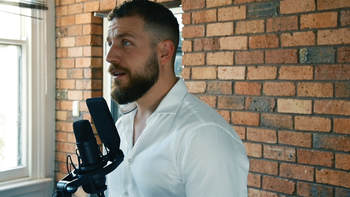
We've come a long way with encouraging men to speak up about their poor mental health and to let people know when they are struggling.
But what are we doing after that? The Just Be Nice Project is committed to not only improving the conversation around mental health, but also improving the access to the material support required to create environments where people can flourish. You can support our work by subscribing and becoming a JBN Legend Here, we can't do it without the support of our amazing partners and subscribers. Helping people feel good about doing good is an important element of engagement, but it cannot be the end-game to getting people involved in positive impact.
Is it easy to feel good about things that don't do that much good? Absolutely. Is that the best we can do? Absolutely not. The end game, and point of help, should always be about what happens for the person in need. Teaching people what effective looks like for people in need, rather than finding ways to make people feel good about attempts at help, is the real future of helping people, help people. Our work at the Just Be Nice Project is about harnessing the potential of every organisation and individual into effective impacts for those in need, while remaining engaging, relevant and worthwhile to those providing the help. There is a better way. Creating extraordinary positive change in the world, by helping people make ordinary positive change.
People in need with cancer.
People in need facing extreme prejudice. People in need of mixed abilities. People in need without employment or a chance of employment. People in need growing up in disadvantage. People in need who are suffering economic distress. People in need with mental health issues. People in need without a place to live. People in need who live overseas. People in need who have inadequate education. People in need who are sick. People in need who fear for their lives. People in need who look after people in need. People in need with empty bellies. People in need who have had a life of privilege and find themselves facing tough times. People in need who have never had the privilege of a resource rich environment. We see people in need. Rather than fight about what cause is the most important, and argue among causes, we believe in creating an eco-system that works to help people in need. It starts with an acknowledgement that people find themselves in need in many different ways, at many different times, for many different reasons. Rather than take the needs of any one community as more important than another, we consider the knowledge of one community about the most effective ways to help that particular community as important. Fighting for causes too often means causes fighting against causes. We are here to fight inefficiency. We are here to fight inequality. We are here to fight for people in need. We are not here to fight inequality with only a spreadsheet and a calculator, but we are also not here to fight inequality with only misguided good intentions and a short-lived peak in emotive interest. We are not here to do things the way that they have been done in the past, because we know that we can do better. We are here to fight alongside people who believe that we can do better. We are here to fight alongside people who are tired of seeing wasted money, time and good intentions. We are here to fight for those in need. We would love you to join that fight. |
Just Be NiceA collection of articles relevant to pursuing the effective execution of altruism in the search for equality of opportunity. Archives
February 2020
Topics
All
|
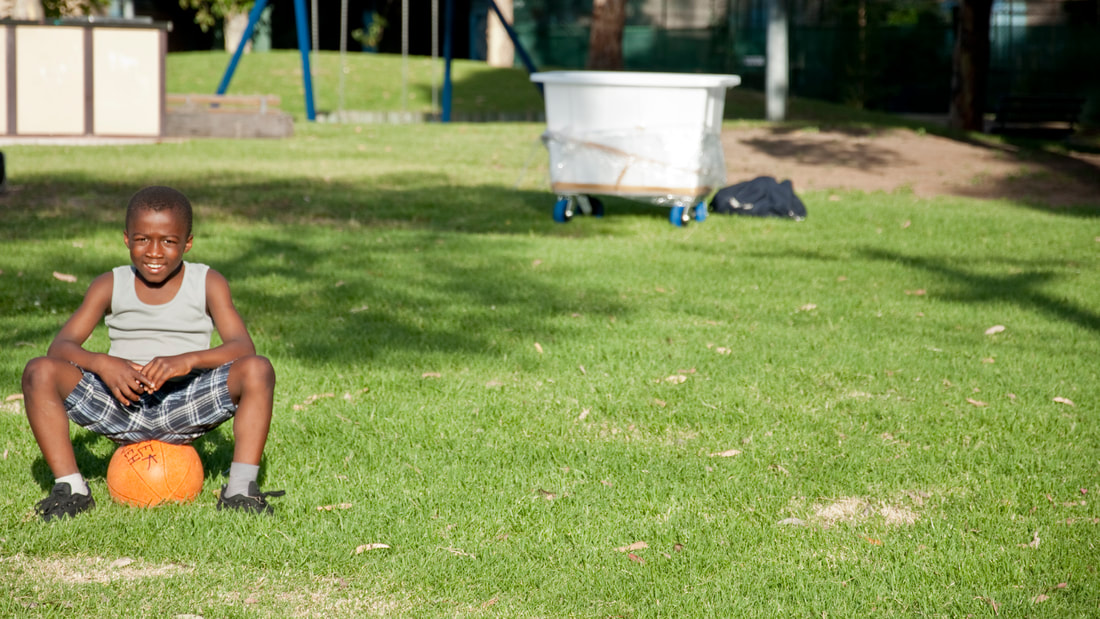
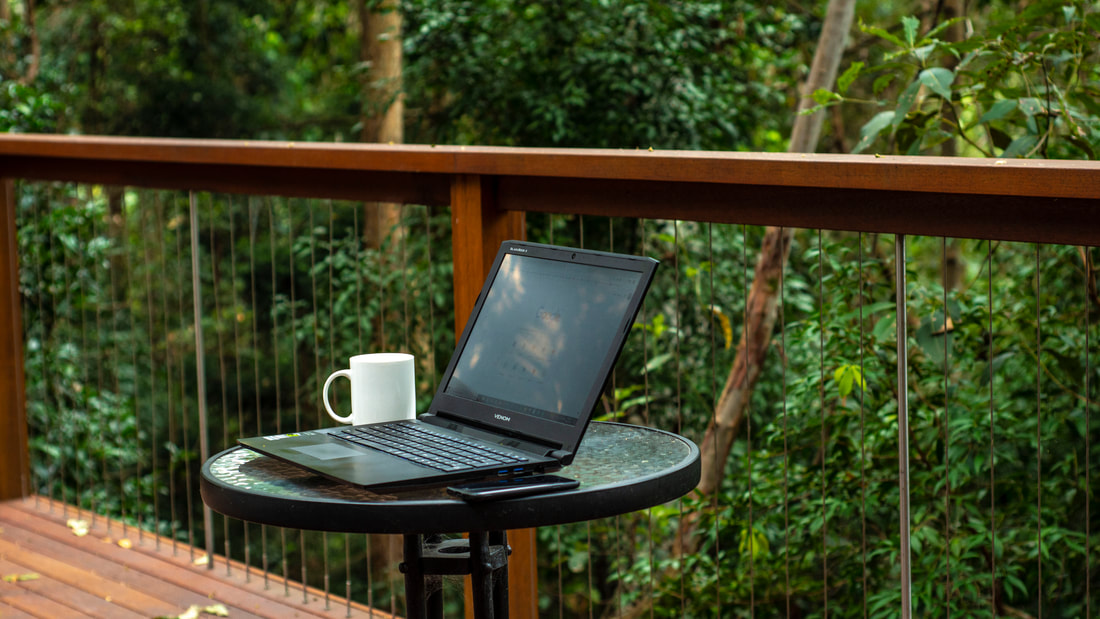
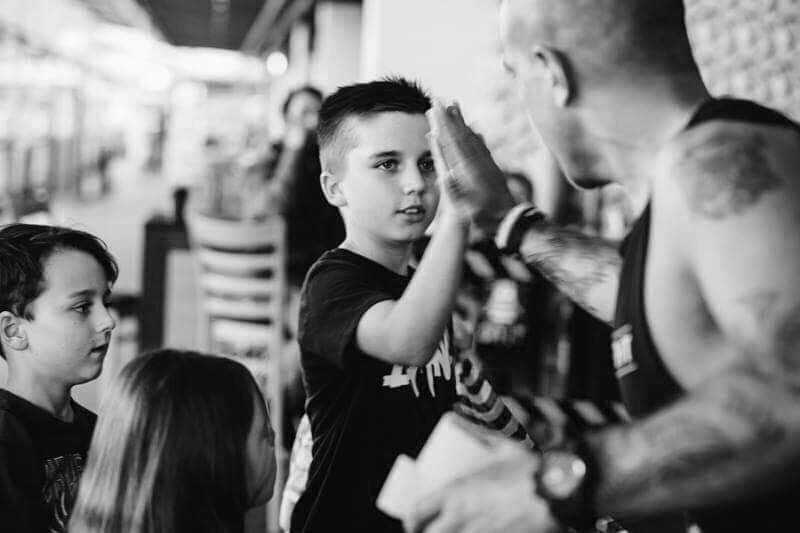
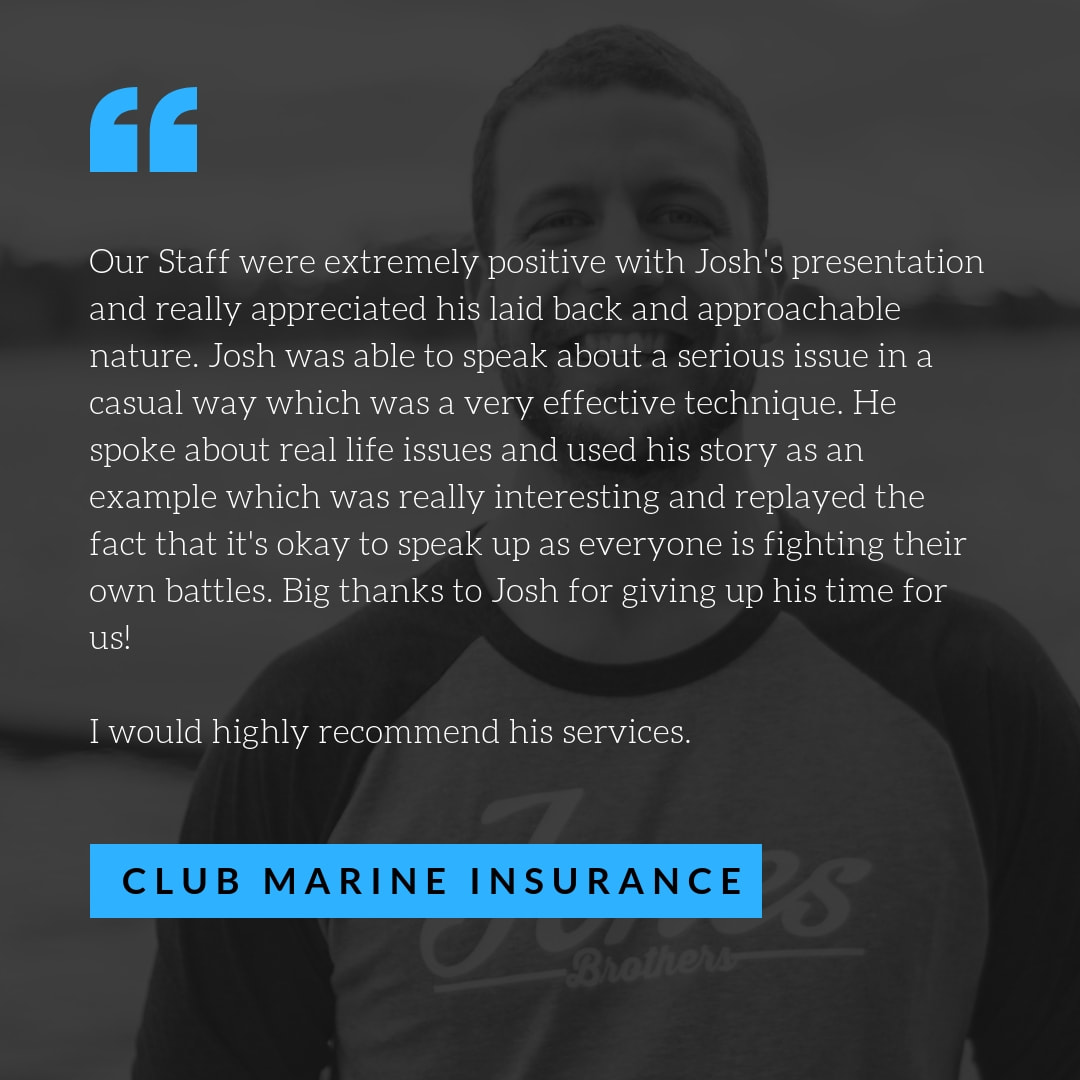
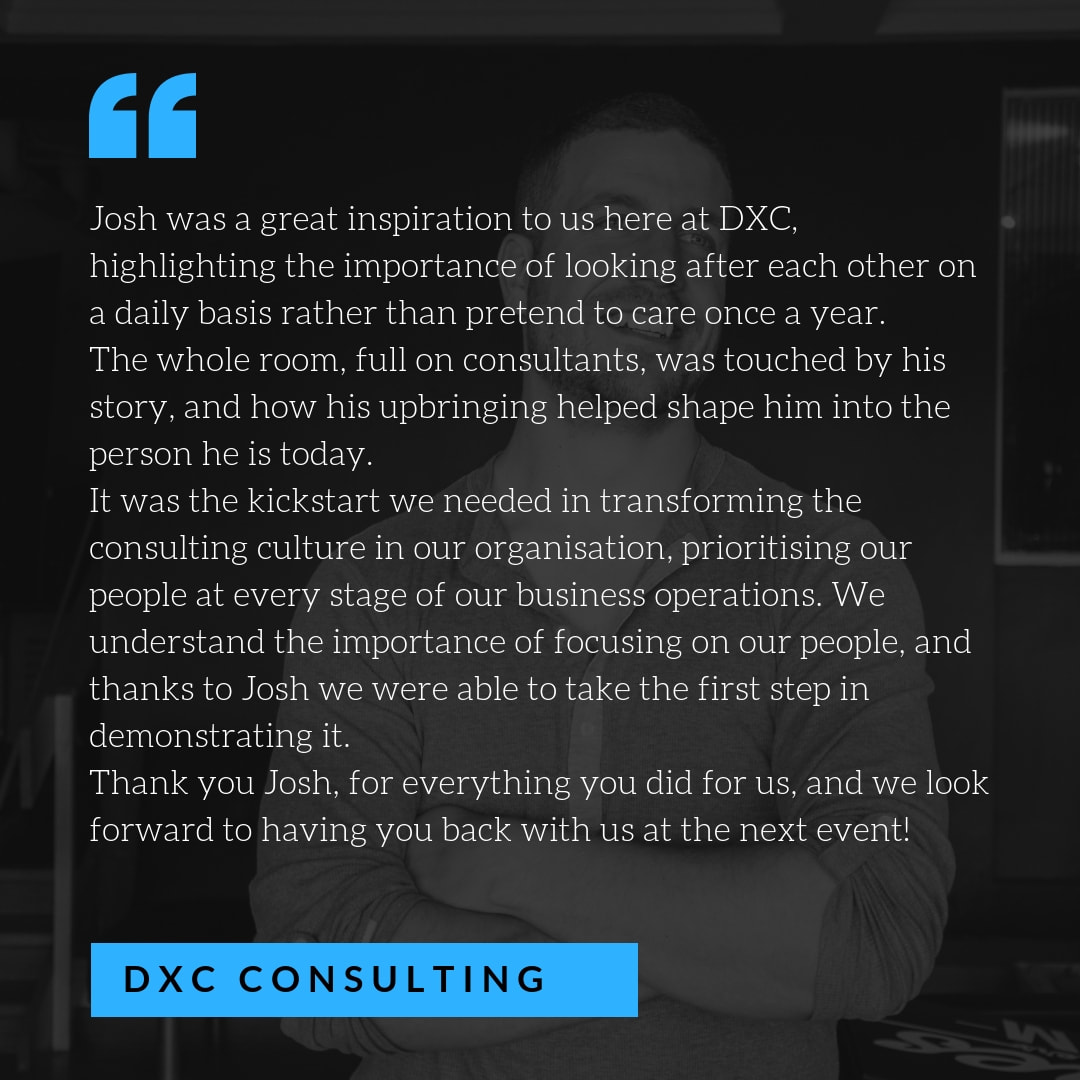
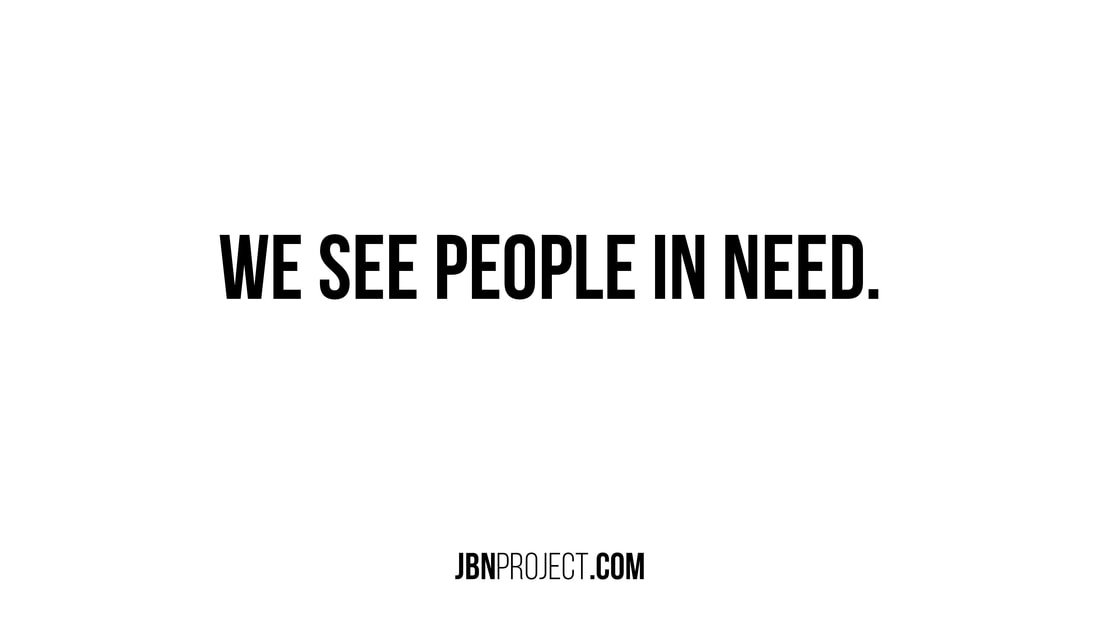
 RSS Feed
RSS Feed